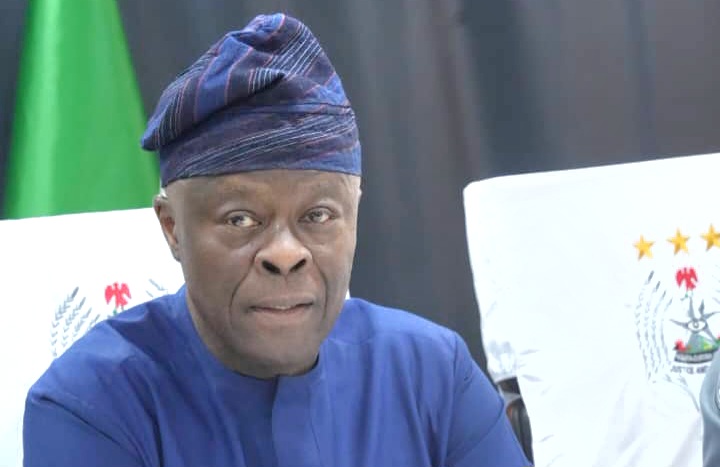
Stakeholders in Nigeria maritime trade and the larger business sector have expressed frustration and disappointment over the delay in the implementation of the Single Window initiative, while also criticizing the Ministry of Finance for the bureaucratic red tape that is hindering the progress.
The Single Window system, a digital platform aimed at streamlining trade processes by integrating all trade-related activities into a single portal, was expected to revolutionize Nigeria’s trade landscape and improve efficiency in customs clearance, documentation, and cargo handling.
However, stakeholders lament that the initiative has faced significant delays, hampering its potential to transform the country’s trade environment.
In a chat with our correspondent; Mr. BabatundeMukaila, a former National Secretary of ANLCA, expressed his dismay. “It’s disheartening and morale-dampening”, he said.
“While the lead agency, the Nigeria Customs Service, seems eager to lead with cognizance of international global best practices and trade tools, this delayed implementation is giving a sour taste and energizing continuous corruptive tendencies and unpredictability in the system” he lamented
Also speaking, Mrs. Aisha Yusuf, a logistics expert and CEO of Swaft Logistics Ltd., highlighted the negative impact of the delay on businesses and trade operations. “As a logistics company, we were eagerly anticipating the rollout of the Single Window system to streamline our operations and improve efficiency in customs clearance.
However, the continued delay has resulted in increased paperwork, delays in cargo clearance, and added costs for businesses. This not only undermines our competitiveness, but also hampers economic growth,” she remarked.
Speaking also to our correspondent Mr. Pius Ujubuonu, ANLCA chieftain and advocate for trade facilitation, echoed similar sentiments, emphasizing the urgency of the situation.
“The delay in implementing the Single Window initiative is deeply concerning. This initiative holds the key to unlocking significant efficiency gains and cost savings for businesses engaged in international trade. The longer the delay persists, the more businesses suffer, and the greater the risk of losing our competitive edge in the global market,” he emphasized.
However on his part Mr. Chidi Anthony Opara, a freight forwarder shed light on some of the underlying challenges contributing to the delay.
He said, ”Single window functionalities are ICT-driven, and ICT infrastructures in this clime are still at the teething stage. This may account for the delay. Then, there is the problem of gathering the hardly available data of the various departments, etc., and integrating them into a single window platform.
Finally, there are influential elements who, because the single window system would deprive them of the power they wielded hitherto, would want to truncate the policy or at least delay it,” he explained.
In interviews with key stakeholders, including representatives from trade associations, business chambers, and logistics companies, concerns were raised about the sluggish pace of the Single Window implementation. Many stakeholders emphasized the urgent need for the government to hasten the process and address bottlenecks hindering its rollout.
Similarly, Dr. Ngoz iEcheibiri, an economist and trade policy analyst, condemned the Ministry of Finance’s handling of the Single Window initiative, stating that, “the Ministry of Finance’s inertia and bureaucratic tendencies have been major impediments to the timely implementation of the Single Window system.
Instead of facilitating trade and promoting economic development, the ministry’s bureaucratic red tape has stifled innovation, hindered progress, and undermined investor confidence.”
Furthermore, many of the stakeholders urged the government to take decisive action to address the challenges hindering the Single Window implementation and streamline trade processes. They called for greater coordination among relevant government agencies, enhanced stakeholder engagement, and stronger political will to drive the necessary reforms forward.















